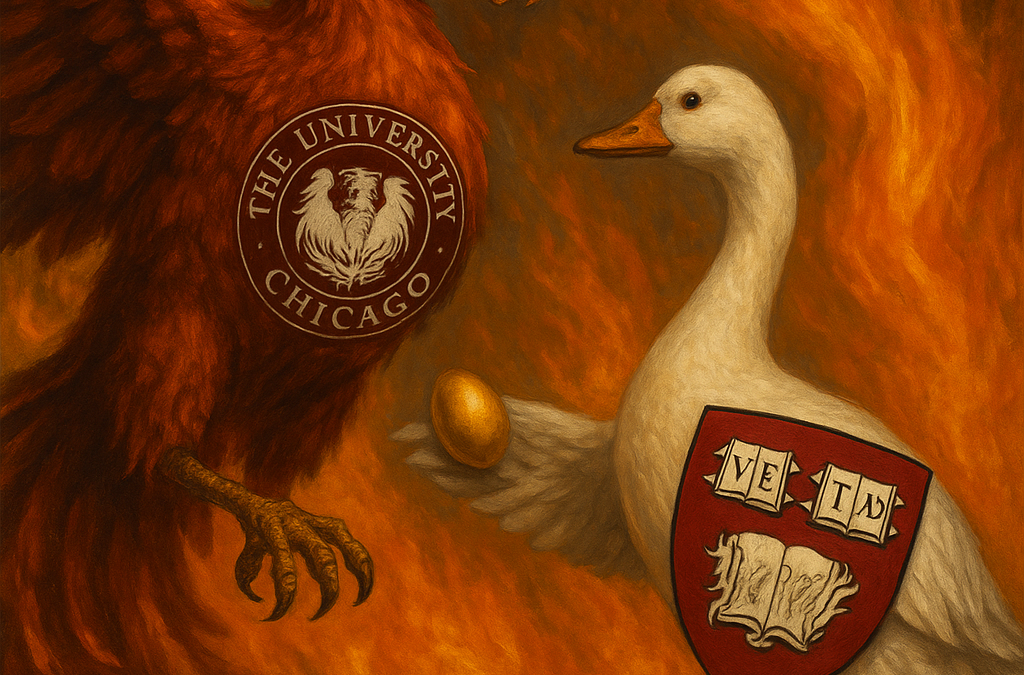Today, I did my very first GRE at home, and let me tell you – that’s a fascinating experience to have.
It was my first time experiencing at-home proctoring, which the test agency, ETS, carried out by means of a proctor who did some of the following things:
- Checked my ears
- Checked my hands and arms
- Asked me to look under my bed
- Asked me to close the doors, turn on the lights, and everything else.
If you haven’t heard of any of this before, rest assured that you’re in good company – I hadn’t either!
Either way, not too sure what actual score I’m going to receive, but the test was an interesting one (as interesting as your standard issue GRE can be); it was a little bit disappointing to see the unofficial score that I’d received, given that I’d done a bit of practice and had done quite well, but I was shocked to see the result that had appeared on the screen – an estimated 320, despite PowerPrep Plus practice test scores of 331, 334, and 330 previously.
I have no idea how well ETS performed the estimation, but rather than reject it, I’ve decided to take it seriously and take action along the way, because what this result showed me was that maybe I had been a bit too presumptuous about my own strengths and abilities to the point that I thought that I’d be able to game the test.
Still, I think it was a shock and a wake-up call to try a little harder and not to give up and, accordingly, to carry on with the articles of mental development that the GRE has brought about – because the GRE certainly has brought about many of these things in the week or so that I’ve spent preparing.
#1: To become more efficient at writing.
The GRE has definitely taught me to write much more efficiently and to structure my writing – to get much better at deciding what parts of my argument should be supported – and to make sure that things are logically organized; in that sense, it’s been truly a boon for my writing skills, on platforms such as this one.
#2: To become much faster at mental calculations and better at verbal reasoning.
The GRE is a test of mental math and verbal reasoning – things that I might have considered myself to be strong at in the past. The test is fast, and it stretches your brain – but perhaps most importantly, it forces you to reason very quickly and efficiently; in that sense, it’s a real challenge with a truly insane curve that forces you to dramatically level up.
#3: To consider further ambitions.
The GRE is a test that is taken for graduate school. I’m not saying that I *will* end up going to graduate school, but taking it has made me think about who I am becoming and who I wish to become through the training process, which has been nothing short of a whirlwind of progress and development.
#4: To acknowledge where I am.
Realistically, unlike the SAT, the GRE is the kind of exam whereby you compete not just against people from a single country or untrained high schoolers, but with legitimate and hungry people from IIT’s, China’s top universities, and many other places around the world that are interested in demonstrating that they’re ready for graduate school.
Because it is an international competition in which the best and the brightest participate, the GRE is not a test for the weak – rather than pity you, it is more of a test that, if it had a spirit animal, that spirit animal would be a cat. Moreover, if it were sentient, it would probably look you in the eye if you give the wrong answers and simply tell you that you should die.
The exam doesn’t particularly care about what you think about and who you are or what sort of life history you’ve lived out so far – all that matters is whether you get the questions right or not.
Accordingly, it has led me to think about where I am, and where I will be in the future.
#5: To refrain from making excuses.
It would be very easy to talk about how the test was rigged or provide any number of excuses for why X didn’t happen, Y did, or Z will or won’t happen.
To be honest, I am tempted to talk about practice tests, external validity, the constraints of the clock, the deceptively easy verbal section… But I recognize that that is unbecoming. At this time, I’m accordingly reminded of a quote by the late Bruce Lee:
“Ask not for an easy life – but for the strength to bear a difficult one.”
It is very tempting to blame the universe, to think about the external factors that could have come into play, the curve, and any number of other things – but when challenges come and if they should amp up, the logical solution is not to whine and complain: It is to level up.
I’ll be taking the GRE one more time, and will be looking forward to the mental growth that this process and the many other things that are happening in life now will bring.
Thanks for reading – Here’s to much more ahead!




